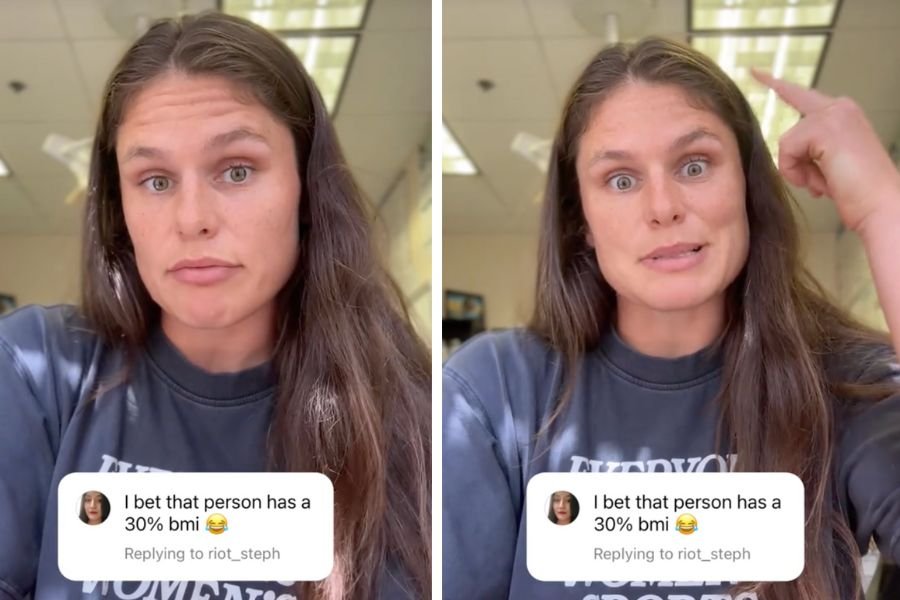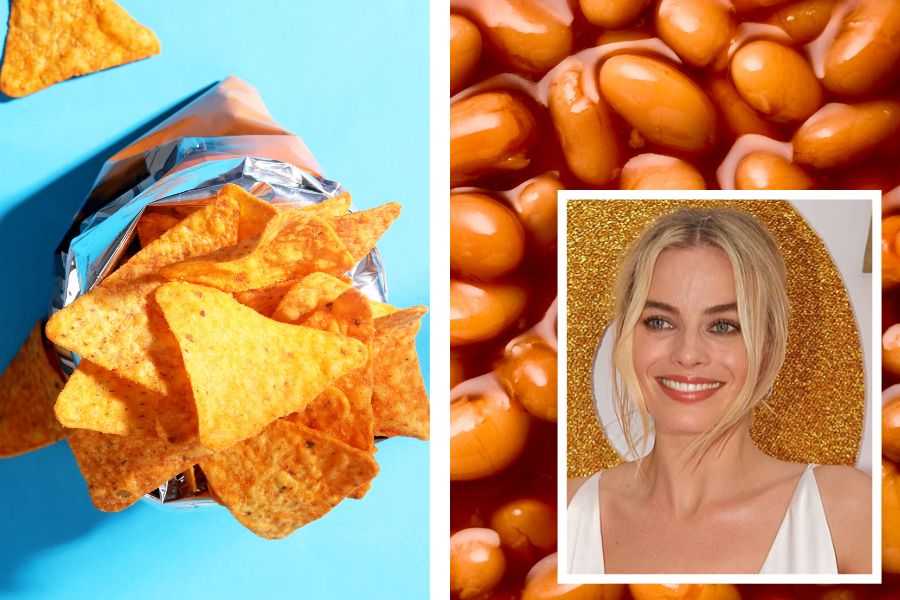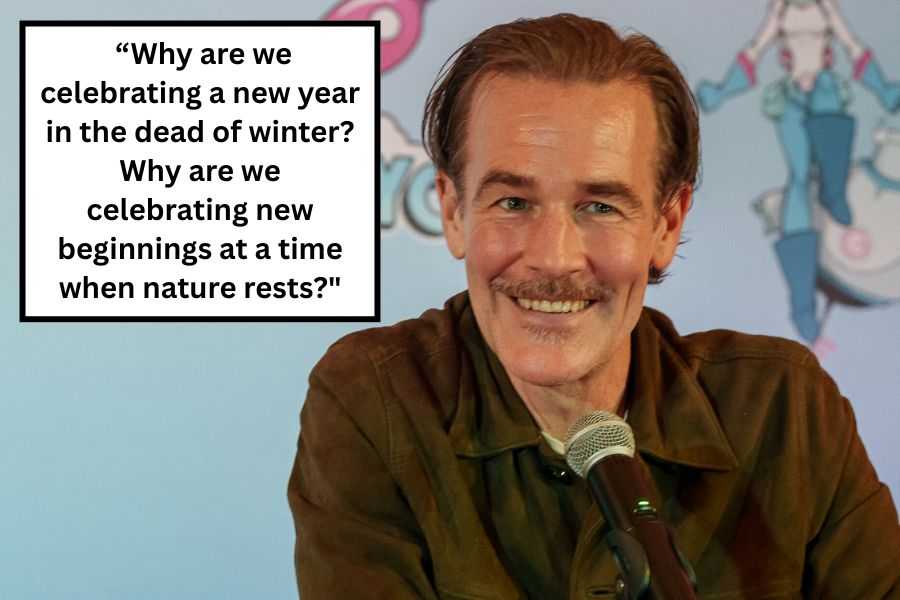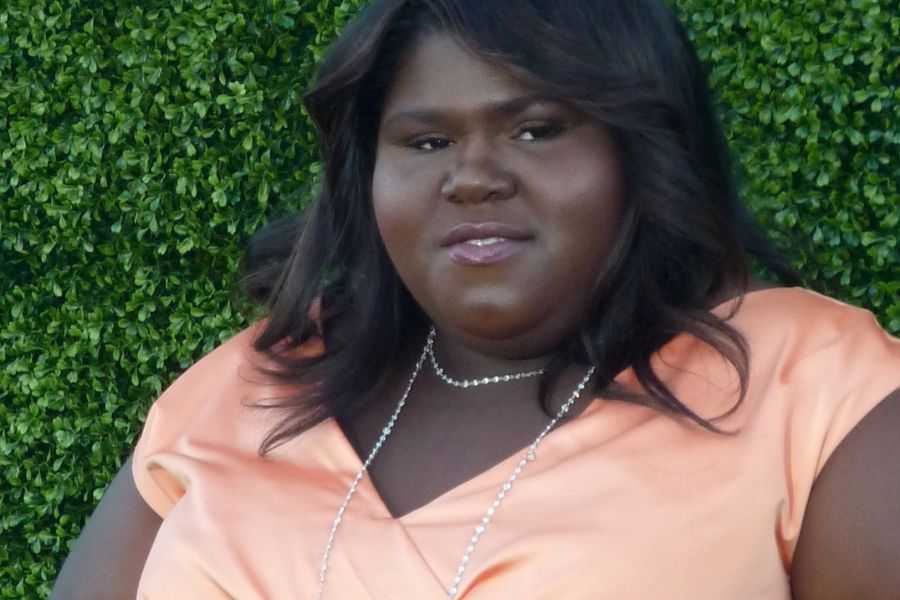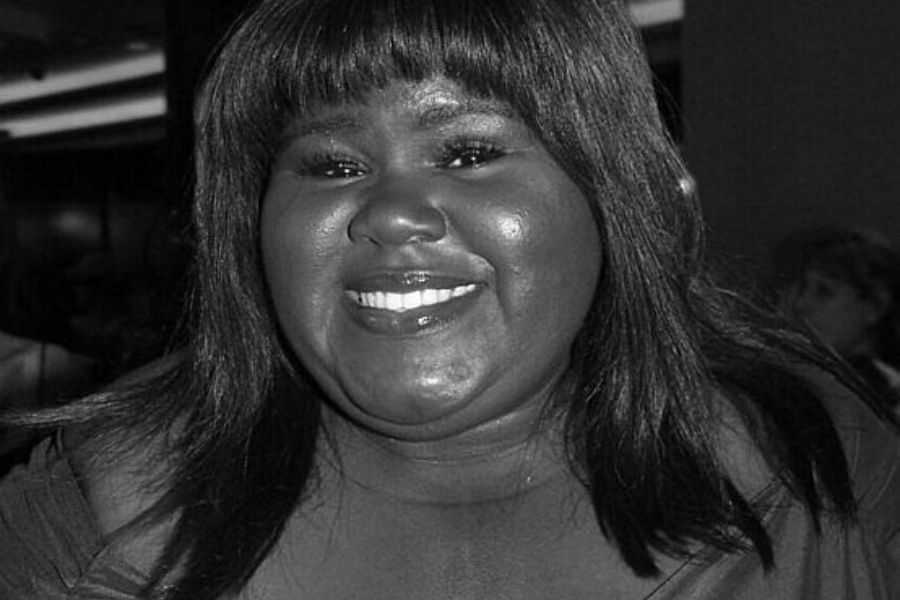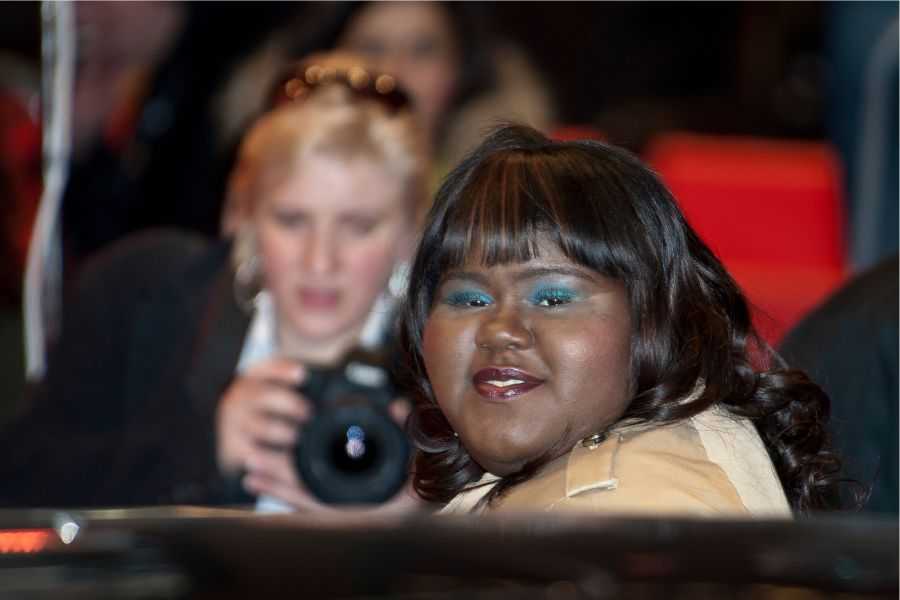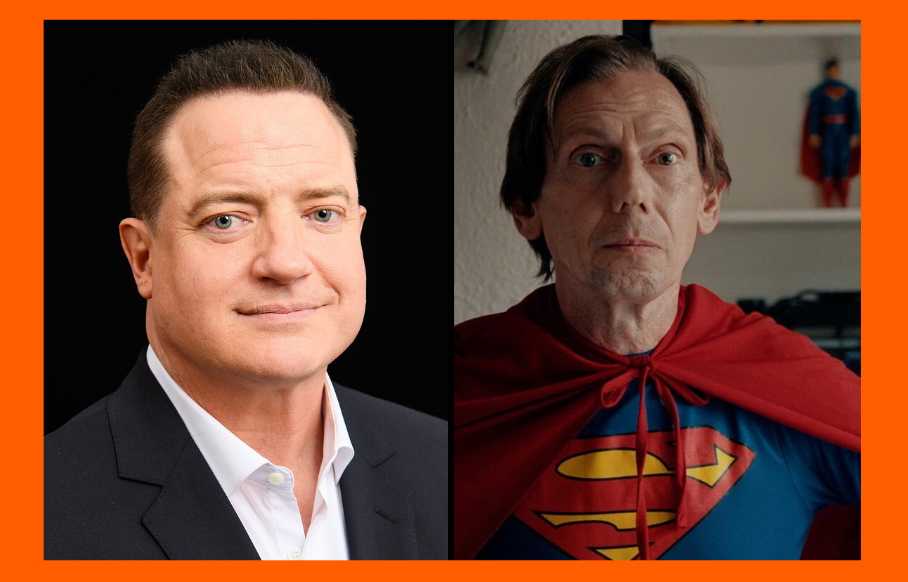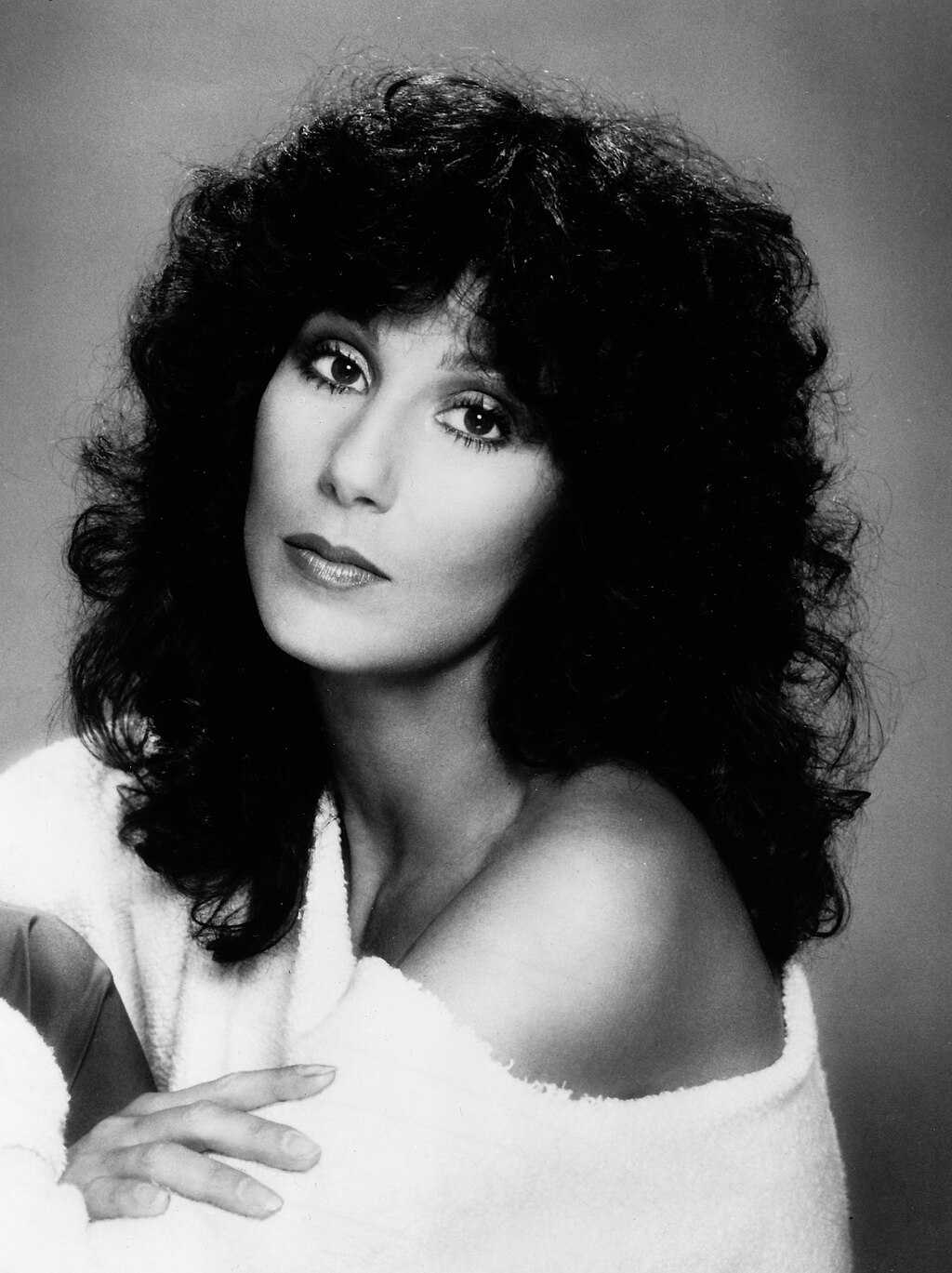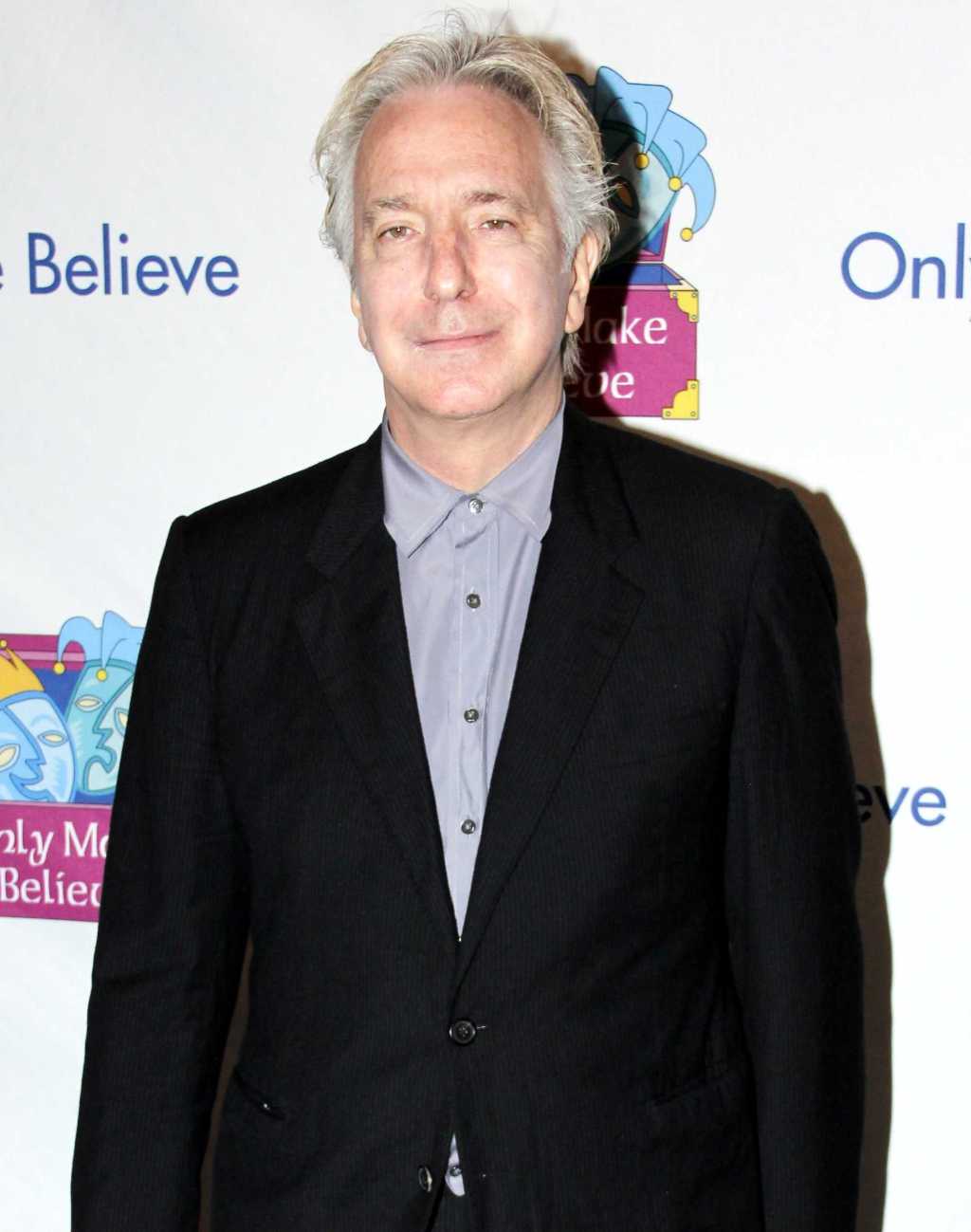It seems like at least once a year, the topic of “BMI,” or “body mass index,” being a flawed measuring system for fat mass and health comes up in conversation. Experts will explain how BMI leads to an incomplete perspective at best—since it doesn’t take into consideration several key factors that influence a person’s body composition—and at worst, actual health risks, affecting eligibility for things like weight loss medications, insurance rates, joint-replacement surgery and fertility treatment. And then life moves forward.
And yet, despite the constant debunking, the belief in BMI still marches on. And this time, it was hurled at the USA rugby star and Olympian Ilona Maher. More specifically, someone commented “I bet that person has a 30% BMI” on one of Maher’s TikTok videos.
Could this person have simply been pointing out the inherent flaw of BMI? Saying that Maher, an elite athlete, would be considered “overweight” using this system? Perhaps. But this is the internet we’re dealing with, so Maher (and others) interpreted it to be an insult.
And under that context, Maher wasn’t having it, and chose “not to just ignore the haters.”
“Hi, thank you for this comment. I think you were trying to roast me, but this is actually a fact. I do have a BMI of 30. Well, 29.3 to be exact,” Maher said in response video…which became something of a roast itself.
Maher talked about how she had been considered “overweight” her entire life, and even recalled being “so embarrassed” to turn in a physical form to the office which had “overweight” written on it.
“I chatted with my dietician, because I go off facts, and not just what pops up here. You know, like you do.” she quipped while tapping her temples.
Maher is 5-ft.-10-in. and 200 lbs, which is considered “overweight” by BMI standards. But as she explained, about 170 of those 200 pounds are “lean muscle mass.”
“Do that math in your head…you probably can’t,” Maher said sarcastically.
It’s easy to see through this example how bogus BMI really is, especially for athletes.
Essentially, “BMI doesn’t tell you what I can do.”
“It doesn’t tell you what I can do on the field. How fit I am. It’s just a couple of numbers put together,” she said. “It doesn’t tell you how much muscle I have, or anything like that.”
Maher concluded by faux lamenting, “I do have a BMI of 30. I am considered overweight. But alas, I am going to the Olympics, and you’re not.”
While Maher’s clapback was certainly satisfying, it also provided some much needed reassurance to folks. So many commented on how this outdated concept has affected (or still effects) their own body image of that of a loved one.
“How can I get my teenage daughter with a high BMI (but fit!) to understand this?! She feels shamed even at the doctor for her BMI.”
“Dancer here, I’ll never forget at 13 being told I had the BMI of 24 of ‘overweight.’ I broke down and the nurse said it didn’t mean anything and all I could think was then WHY are you making me do this?!”
“I had to ask the doctor’s office to put a note on my child’s file to not bring up/talk about BMI in her check ups. It isn’t an accurate representation of health!”
“Thank you for sharing your weight, bc seeing lbs numbers in different bodies has been so helpful in me loving mine. I’m nowhere near an athlete’s body but damn, the numbers really do us in.”
Until a more affordable solution pops up, BMI will continue to rear its ugly head in doctor’s offices and in our psyches. Maybe this is a reminder that our bodies are so much more than height and weight every now and again is a good thing. And if it comes from an Olympian…even better.
This article originally appeared last year.


